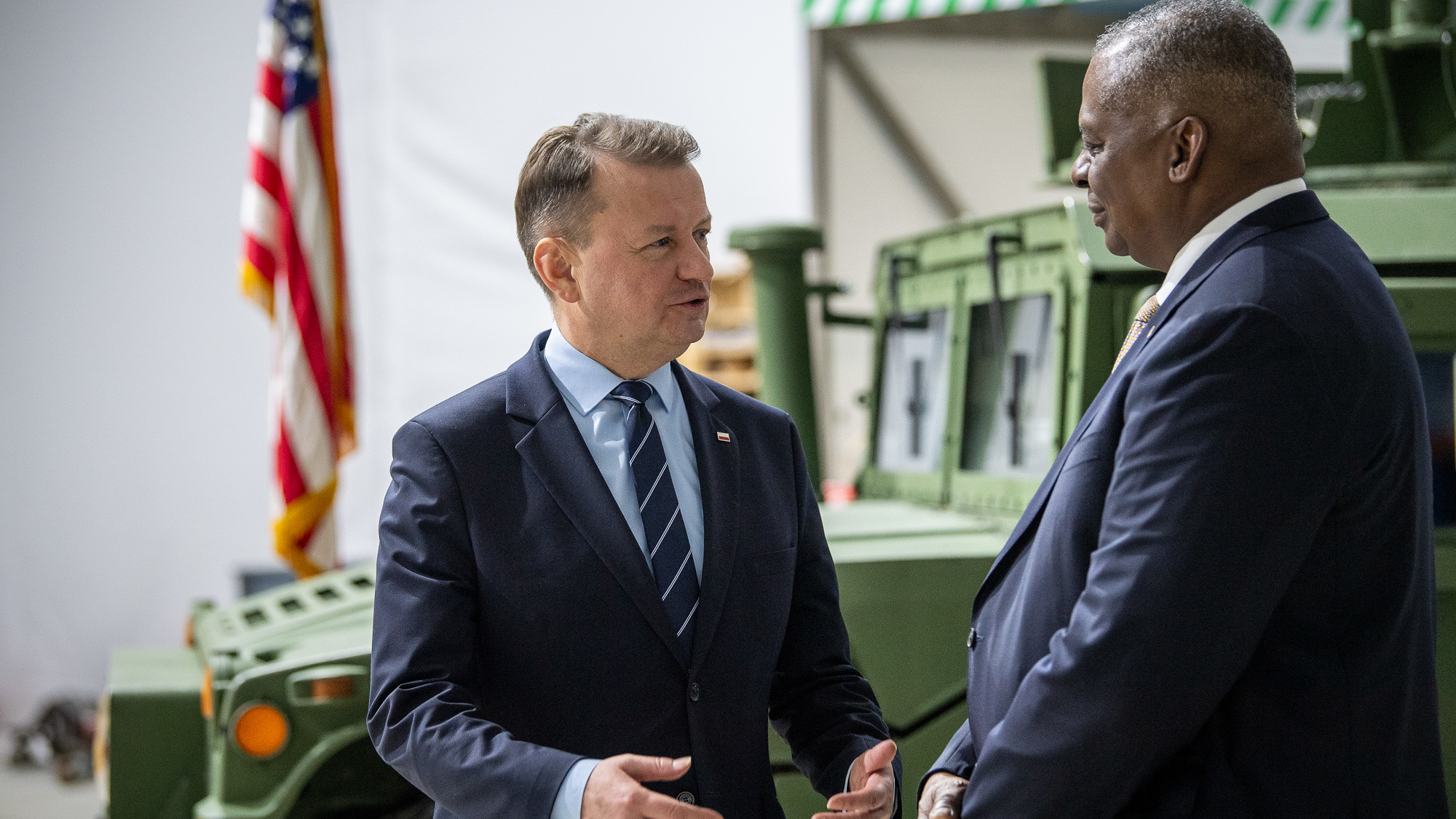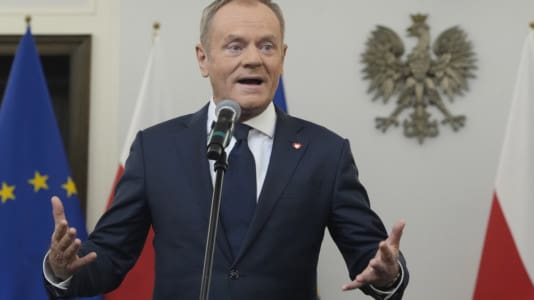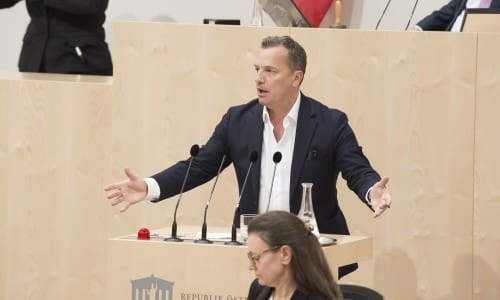Speaking to Polish news outlet DoRzeczy.pl, Professor Przemysław Żurawski vel Grajewski, the former advisor of Polish Foreign Minister Witold Waszczykowski, expressed skepticism over the new Polish government under Donald Tusk engaging in political disputes with Germany, given the perceived political indebtedness.
He highlighted how Berlin has previously influenced Polish policy through mechanisms like financial incentives tied to the rule of law, suggesting a precedent that could affect Italy and others.
A Tuesday meeting between Polish Defense Minister Mariusz Błaszczak and U.S. Secretary of Defense Lloyd Austin brought into question whether Poland should continue its defense cooperation with the U.S., including equipment purchases, amidst current geopolitical tensions. Żurawski vel Grajewski affirmed the need for such collaboration but doubted the Civic Platform’s (PO) commitment, foreseeing a tilt toward German preferences, which oppose a stronger U.S. role in Europe.
“More and more difficult demands will be made, which could block the cooperation from the U.S. viewpoint. Basically, the policy will favor Germany, and since Germany doesn’t want the U.S. to have more influence in Europe, we will not support the U.S. in this,” said the professor.
When asked about the potential direction of Poland’s foreign and eastern policies under a Donald Tusk administration, the professor forecasted a foreign policy heavily influenced by Berlin, with only nominal support for Ukraine. He warned that any actual help to Ukraine would be neglected with a variety of excuses, with Poland new favoring a unified EU approach over individual initiatives.
The professor also raised concerns over the future of Poland’s defense modernization and nuclear cooperation with the U.S., suggesting that European strategic autonomy might lead to a preference for EU, particularly German and French, defense equipment over American. This shift, he argued, could delay vital defense orders, expose Poland to risks like those faced by Ukraine, and undermine the country’s security, also echoing the broader European discourse on strategic sovereignty.






